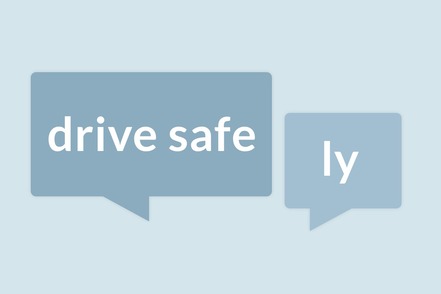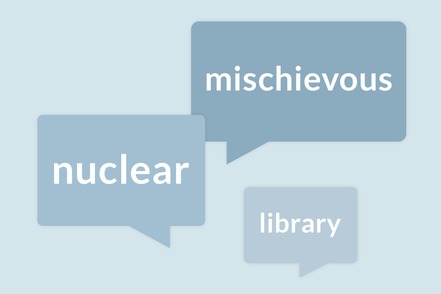TRANSCRIPT
Welcome to Ask the Editor. I'm Emily Brewster, an associate editor at Merriam Webster.
A thrill went through the packed court literally electrifying everybody.
So writes James Joyce in Ulysses.
No, the thrill described in that quote is not one specially equipped with an electrical charge. Joyce is using the word literally to mean in effect or virtually. Many people object to this extended use of literally, but Joyce isn't alone in employing it.
Charlotte Bronte and Louisa May Alcott used it.
So did Mark Twain and Willa Cather.
Also Vladimir Nabokov and David Foster Wallace.
One might say that literature is, (clearing throat) literally riddled with it.
Charles Dickens was a pioneer of the use. In Nicholas Nickleby he writes that one character literally feasted his eyes in silence upon another, but the evolution of this use began much earlier.
John Dryden complained that his daily bread is literally implored.
Alexander Pope commented everyday with me is literally another yesterday for it is exactly the same.
In these instances the adverb adds emphasis to the word or phrase that follows it, that word or phrase being intended in a literal sense. Dickens merely placed the same intensifier in front of a figurative phrase that can't be taken literally. The result, pure hyperbole, which is a legitimate literary tool.
Does this mean that you should use literally this way? Maybe, but remember that hyperbole requires care in handling and that your audience may not recognize it for what it is.
You can tell someone that you literally devour novels and that your kids were literally bouncing off the walls, but be prepared for your listener to refuse to lend you books and to be curious about the composition of your offspring.
For more from our Ask the Editor series visit merriam-webster.com.











